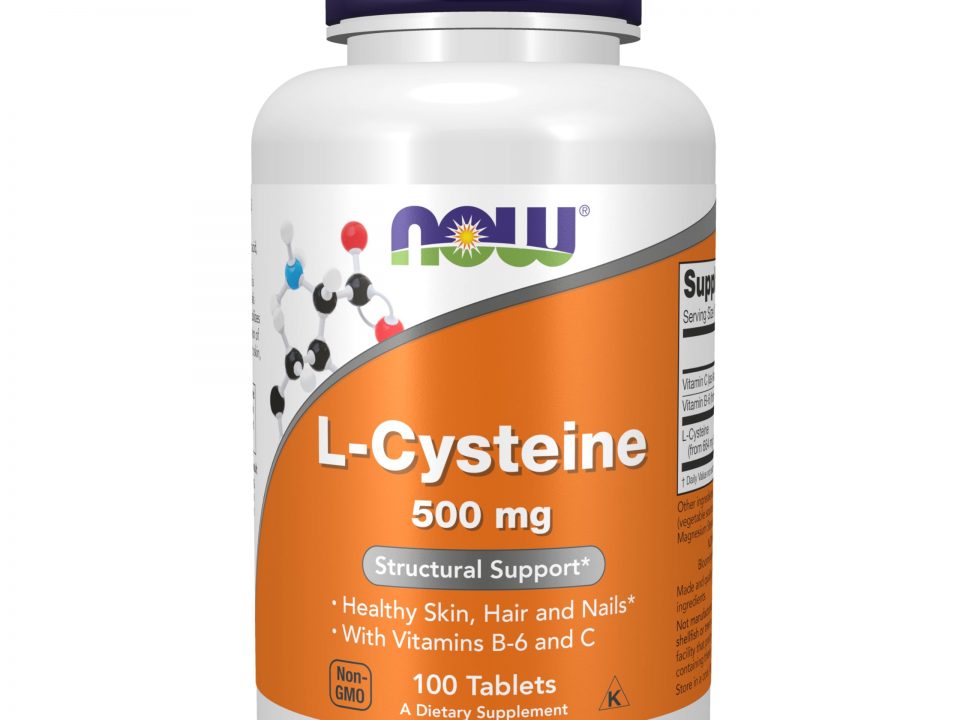- با ما در تماس باشید
- 09308658811
- iranepf@gmail.com
ورزش و خواب در پیری: تاکید بر سروتونین (مقاله لاتین)
تأثیر برنامه ورزشی هوازی بر کیفیت زندگی زنان پری منوپوز و منوپوز: یک کارآزمایی بالینی تصادفی کنترل شده
۲۵ مهر ۱۳۹۳تخمین حداکثر نبض اکسیژن (O2Ppeak) بدون استفاده از تست ورزش در افراد مسن (مقاله لاتین)
۱ آبان ۱۳۹۳۲۰۱۴
M.O. Melancon a,b, D. Lorrain a,*,c, I.J. Dionne a,b
a Research center on aging, Sherbrooke geriatric university institute-health and social services center, 1036, Belvedere South, J1H 4C4 Sherbrooke, QC, Canada
b Department of kinanthropology, faculty of physical and sport education, university of Sherbrooke, 2500, boulevard de l’Universite´, J1K 2R1 Sherbrooke, QC,
Canada
c Department of psychology, faculty of human sciences, university of Sherbrooke, 2500, boulevard de l’Universite´, J1K 2R1 Sherbrooke, QC, Canada
Reductions in central serotonin activity with aging might be involved in sleep-related disorders in later
life. Although the beneficial effects of aerobic exercise on sleep are not new, sleep represents a complex
recurring state of unconsciousness involving many lines of transmitters which remains only partly clear
despite intense ongoing research. It is known that serotonin released into diencephalon and cerebrum
might play a key inhibitory role to help promote sleep, likely through an active inhibition of supraspinal
neural networks. Several lines of evidence support the stimulatory effects of exercise on higher
serotonergic pathways. Hence, exercise has proved to elicit acute elevations in forebrain serotonin
concentrations, an effect that waned upon cessation of exercise. While adequate exercise training might
lead to adaptations in higher serotonergic networks (desensitization of forebrain receptors), excessive
training has been linked to serious brain serotonergic maladaptations accompanied by insomnia. Dietary
supplementation of tryptophan (the only serotonin precursor) is known to stimulate serotonergic
activity and promote sleep, whereas acute tryptophan depletion causes deleterious effects on sleep.
Regarding sleep-wake regulation, exercise has proved to accelerate resynchronization of the biological
clock to new light-dark cycles following imposition of phase shifts in laboratory animals. Noteworthy,
the effect of increased serotonergic transmission on wake state appears to be biphasic, i.e. promote wake
and thereafter drowsiness. Therefore, it might be possible that acute aerobic exercise would act on sleep
by increasing activity of ascending brain serotonergic projections, though additional work is warranted
to better understand the implication of serotonin in the exercise-sleep axis.



1 Comment
عالی